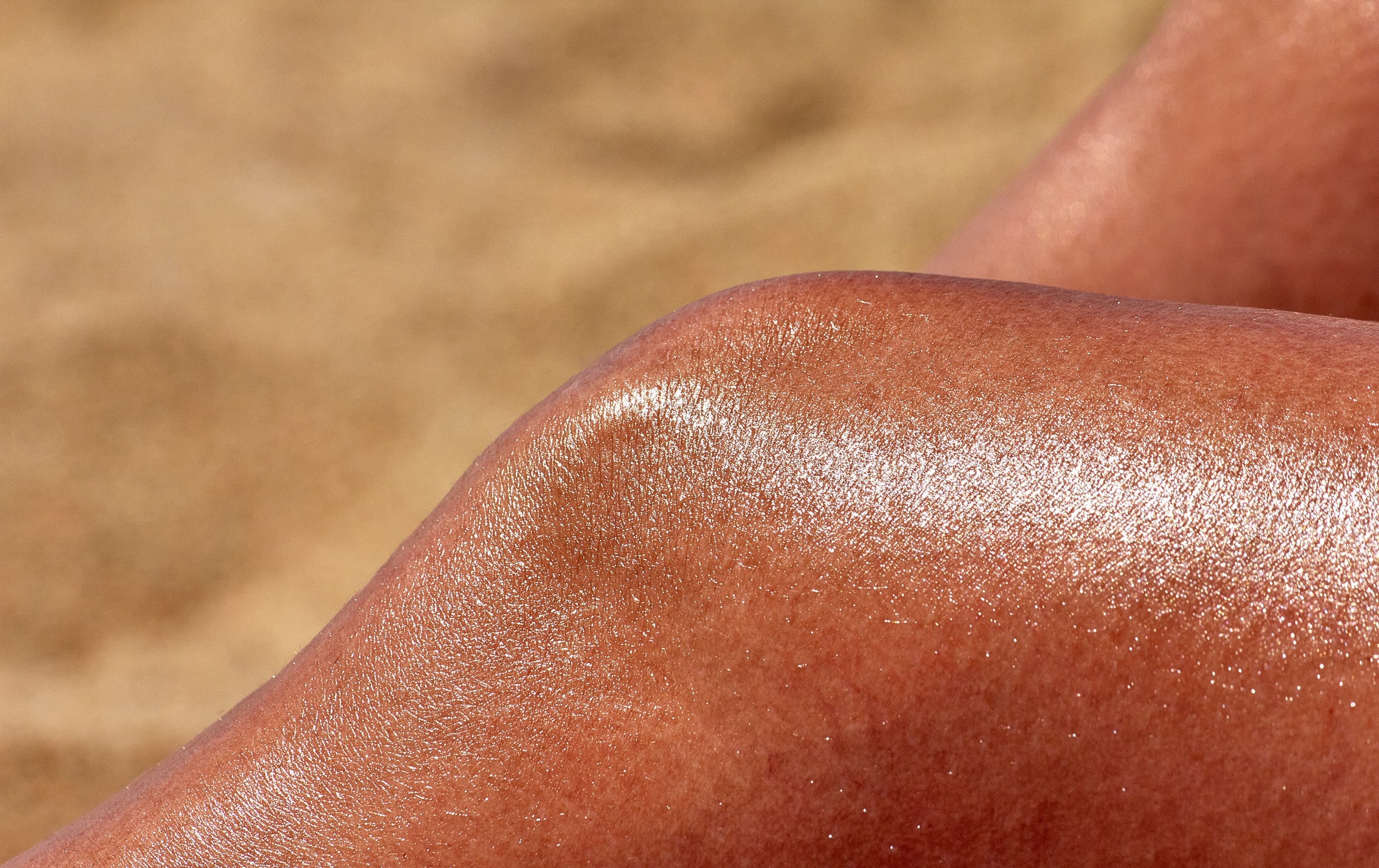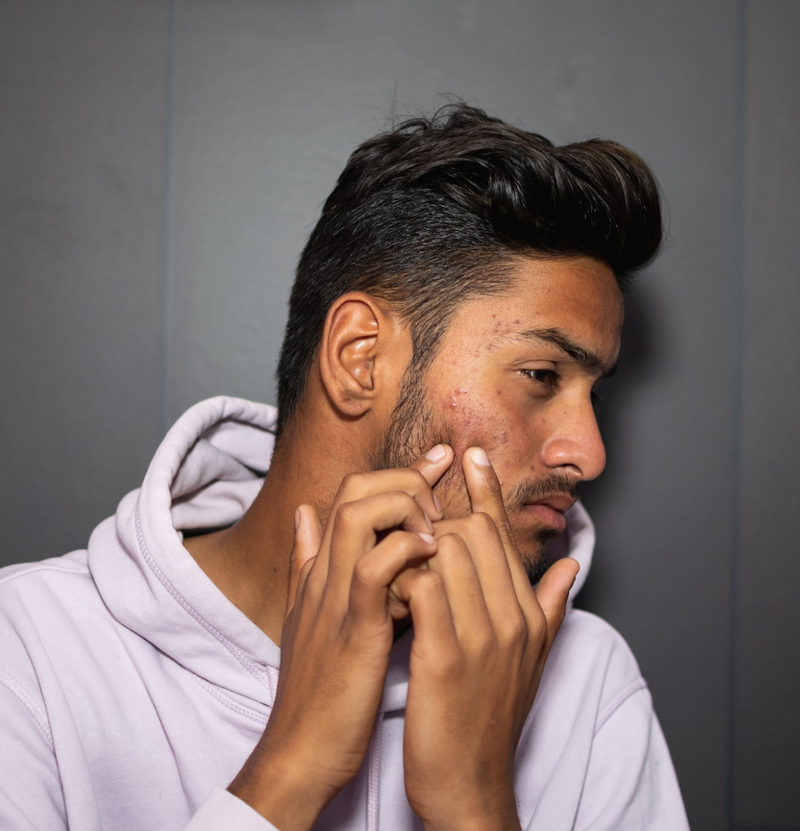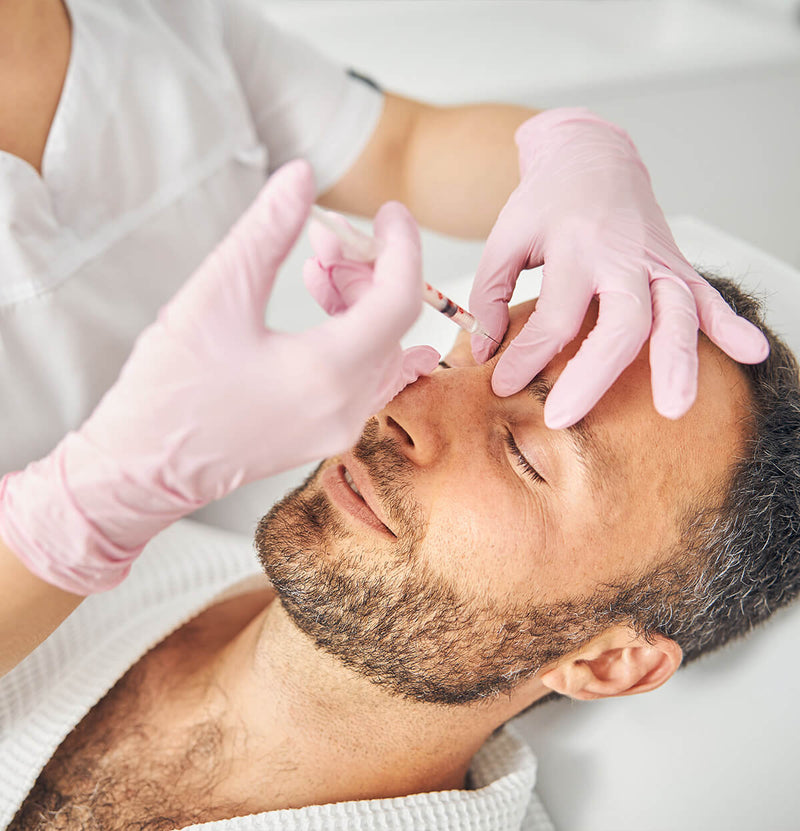Sunscreen has become a cornerstone of skincare advice, but if you have melanin-rich skin, you've probably wondered: do I really need it? The short answer is yes—UV protection isn't just for fair skin types.
What does UV radiation actually do to skin?
UV radiation damages skin through two main pathways:
- UVB radiation (280-315 nm) primarily hits the outer skin layer, causing sunburns and directly damaging DNA
- UVA radiation (315-400 nm) penetrates deeper, breaking down collagen and suppressing immune function
At the cellular level, UV exposure creates DNA lesions called cyclobutane pyrimidine dimers and pyrimidine-pyrimidone photoproducts. When these aren't repaired properly, they can trigger mutations leading to skin cancer. UV also generates reactive oxygen species that damage cellular structures and accelerate aging.
Importantly, research has documented the formation of cyclobutane pyrimidine dimers in melanated skin following UV exposure—direct evidence that UV damage occurs at the DNA level regardless of skin tone. This finding confirms that all skin types experience the same fundamental UV-induced cellular damage that can lead to skin cancer.
How much protection does melanin actually provide?
Melanin-rich skin contains higher concentrations of eumelanin, which provides natural photoprotection through light-scattering and absorption. This natural protection equals approximately SPF 13.4—helpful, but nowhere near sufficient for comprehensive protection.
While this reduces acute damage like sunburns, it doesn't prevent:
- Photoaging: Fine lines, texture changes, and elasticity loss
- Pigmentary disorders: Post-inflammatory hyperpigmentation, melasma, and dark spots
- Skin cancer: Less common in darker skin types, but often diagnosed later with worse outcomes
Why do people with skin of color still get UV damage?
The melanin in darker skin can scavenge some of the harmful reactive oxygen species generated by UV exposure, but this protective mechanism becomes overwhelmed with chronic sun exposure. Additionally, the immunosuppressive effects of UV radiation impair the skin's ability to detect and eliminate abnormal cells, regardless of skin tone.
Research shows that individuals with skin of color are particularly prone to pigmentary disorders—the most common dermatologic concern in these populations.
What type of sunscreen should you choose?
For oily or acne-prone skin:
- Oil-free, non-comedogenic formulas
- Lightweight gels or fluids with mattifying properties
- Look for added niacinamide to help regulate oil production
For dry or sensitive skin:
- Cream-based formulas with humectants like hyaluronic acid
- Mineral sunscreens (zinc oxide, titanium dioxide) tend to be less irritating
- Choose formulas with ceramides for added barrier support
For melanin-rich skin:
- Tinted sunscreens or chemical formulas to avoid white cast
- Modern mineral sunscreens now offer broader shade ranges
- Hybrid formulations often provide the best cosmetic feel
For combination skin:
- Balanced formulas that hydrate without feeling heavy
- Consider layering lightweight SPF or using moisturizer-sunscreen combinations
What does the research say?
Studies consistently demonstrate that regular sunscreen use reduces skin cancer incidence across all skin types. For individuals with skin of color, daily sunscreen is particularly important for preventing pigmentary disorders and photoaging.
The misconception that darker skin doesn't need protection has contributed to delayed skin cancer diagnosis in these populations. Broad-spectrum SPF 30 or higher should be considered essential for everyone, regardless of skin tone.
The bottom line
No skin tone is immune to UV damage. While melanin provides some natural protection, it's insufficient against daily UV exposure from driving, walking outside, or even sitting near windows. The evidence is clear: photoprotection is fundamental skin health maintenance for everyone.







